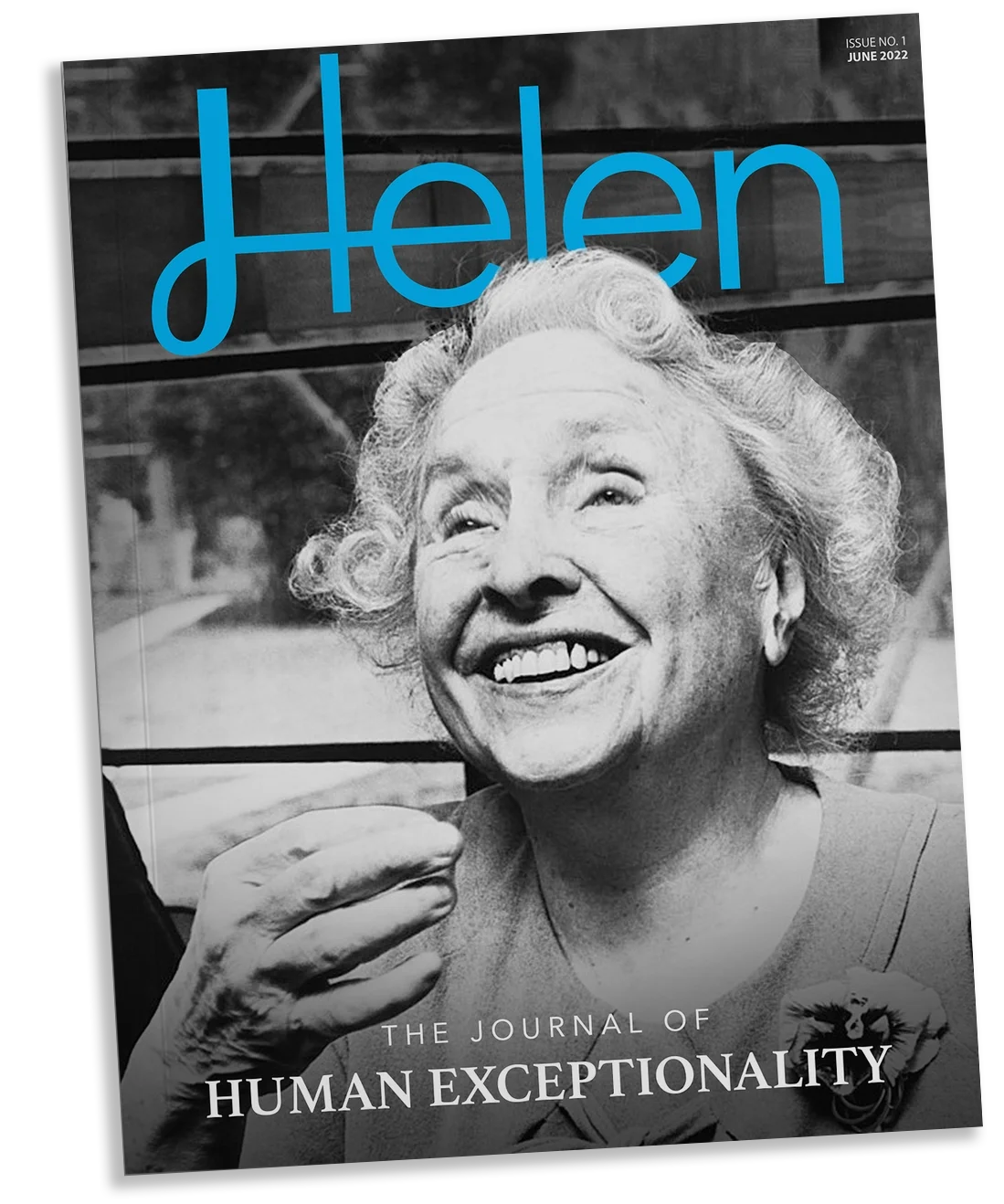Who We Are
Where families, advocates, providers, and clinicians meet and engage with the disability community.
HELEN: The Journal of Human Exceptionality is a launch pad for inclusive health. People with different abilities, family members, and clinicians all take center stage. HELEN Journal features evidence-based best practices and advice to navigate the ability lifestyle, tools for advocacy, and more.
HELEN Journal is the official publication of People Advocating for Optimal Health (PAOH).
HELEN is the only magazine endorsed by the most respected and influential national, interdisciplinary organizations:
AADMD (American Academy of Developmental Medicine & Dentistry)
AAHD (American Association on Health and Disability)
Alliance for Oral Health Across Borders
DDNA (Developmental Disabilities Nurses Association)
Special Olympics
Different Brains
NTG (National Task Group on Intellectual Disabilities and Dementia Practice)
AADM (American Academy of Developmental Medicine)
AADD (American Academy of Developmental Dentistry)
International Association of Disability and Oral Health
AAMSE (American Association of Multi-Sensory Environments)
ADHCE (Alliance for Disability and Health Care Education)
National Council on Independent Living
IntellectAbility
HELEN represents cross-specialties composed of healthcare, education and policy making, and issues that matter most to the disability community.
Why Helen?
Helen: The Journal of Human Exceptionality was named in honor of Helen Keller, a role model, disability rights advocate, political activist and lecturer who overcame significant disabilities as a child.
Just like Helen Keller, this publication represents the many champions in the field of disability. We offer high-caliber content from patients, parents, caregivers, clinicians, and educators alike. We feature interdisciplinary health professionals with a strong focus on the self-advocate perspective.
Helen: The Journal of Human Exceptionality neither endorses nor guarantees any of the products or services mentioned in the publication. We strongly recommend that readers thoroughly investigate the companies and products or services being considered for purchase, and, where appropriate, we encourage them to consult a physician or other credentialed health professional before use and purchase.

